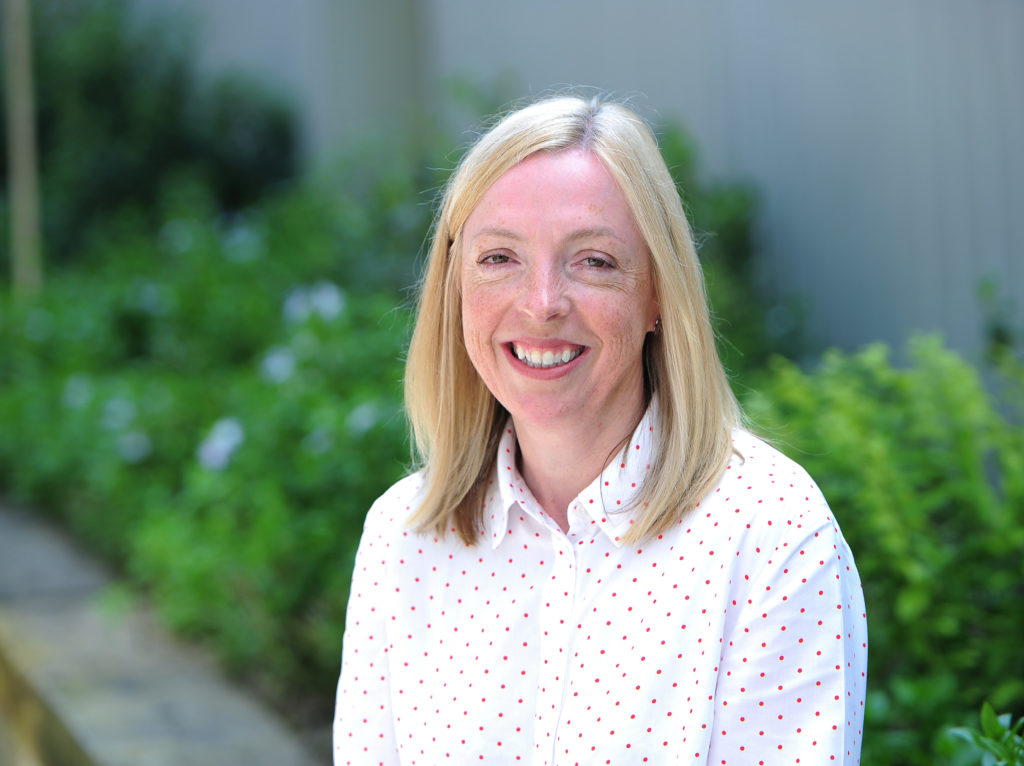
We interviewed Emmie Kell, CEO of Cornwall Museums Partnership, about their recent collaboration with DCMS.
What are the main challenges you see charity leaders grappling with in digital?
In the sector in which I work there has been a tendency to see ‘digital’ as a separate strand of activity and to develop digital plans and strategies which are separate from the organisation’s business plan. I’m particularly interested in organisational culture and the different ways of working that need to be embedded throughout an organisation in order to truly grasp the opportunities of the digital age. For this to happen, my feeling is that digital needs to be a core part of our business plans and part of everyone’s role not just a small group of people or an individual digital officer. At Cornwall Museums Partnership our digital coaching programme helps museums to identify the ways in which digital can help them deliver their core purposes and objectives. It’s people first, not tech first. Sometimes the most ‘low-fi’ interventions are the most impactful.
What are the key opportunities?
The opportunities are about impact; as charity leaders we are all trying to maximise the impact of our organisations for our beneficiaries. Whether this is about using technology to help us work more efficiently when resources are scarce, using it to advocate for our cause, or improving the quality of the experiences we offer to our beneficiaries.
Tell me about Cornwall Museums Partnership’s work with DCMS on digital leadership
We were thrilled that DCMS supported us to respond to the government’s Culture is Digital report which states that: ‘Technology offers unprecedented opportunities for the UK cultural sector. On a daily basis we witness technology’s role in engaging new audiences, nationally and internationally, through digital platforms and distribution channels; in driving business models; creating art, cultural content and experiences; and increasing access to our world-class archives and collections.’ We know this ambition is being curtailed through a lack of investment in digital leadership, which our work is seeking to address.
The 2015 Report by the Warwick Commission on the Future of Cultural Value dedicates a chapter to Digital Culture, and identifies cultural organisations themselves as one of the major challenges to fully utilising the opportunities offered by digital technologies. The Commission found that while 73% of 947 cultural organisations surveyed stated that “digital activities have had a major positive impact on their work”, 70% identified “significant obstacles to developing robust digital structures.” Julie Dodd’s ‘New Reality’ research interviewed 50 third sector leaders and found that a “lack of engagement and buy-in from senior leadership” was the most frequently cited barrier to digital transformation. DCMS supported Cornwall Museums Partnership to blend grassroots knowledge of our sector, with a proven track record in training delivery to rural organisations, with sector-leading digital leadership expertise from our partners Bird & Gorton. So far we have delivered a range of digital leadership seminars and a retreat for senior leaders and board members.
We’d love to hear more about the elearning modules on The Charity Digital Code of Practice
For rurally located charities, one of the barriers to participation in professional development is the time and cost of travel. We know that many people in our region simply cannot access training which is delivered in so called ‘regional centres’. We have been testing out the potential of
elearning over the last 12 months and were delighted to partner with Zoe Amar Digital and Spokes Education to develop 2 new modules featuring the The Charity Digital Code of Practice. We are particularly interested in leadership and governance and the Code is a tool which can help to improve the leadership of any kind of charity. Our new modules are available here and there’s an introductory one and a masterclass version, both of which have been written for people who may have little or no previous knowledge of the Code.
Finally, what 3 things about digital do you wish you’d learned earlier?
Great question! I think having the confidence to say ‘no’ is important. There are so many opportunities but not every one will be right for your charity. I think I’ve learned that successful practice is driven by a clear focus on your charity’s aims – this is the filter through which you can test what’s right for you. We’ve really benefitted from external advice at key points, for example in the development of our CRM, and we try to retain a reflective culture which promotes continuous improvement.
Take a look at The Charity Digital Code of Practice elearning modules
